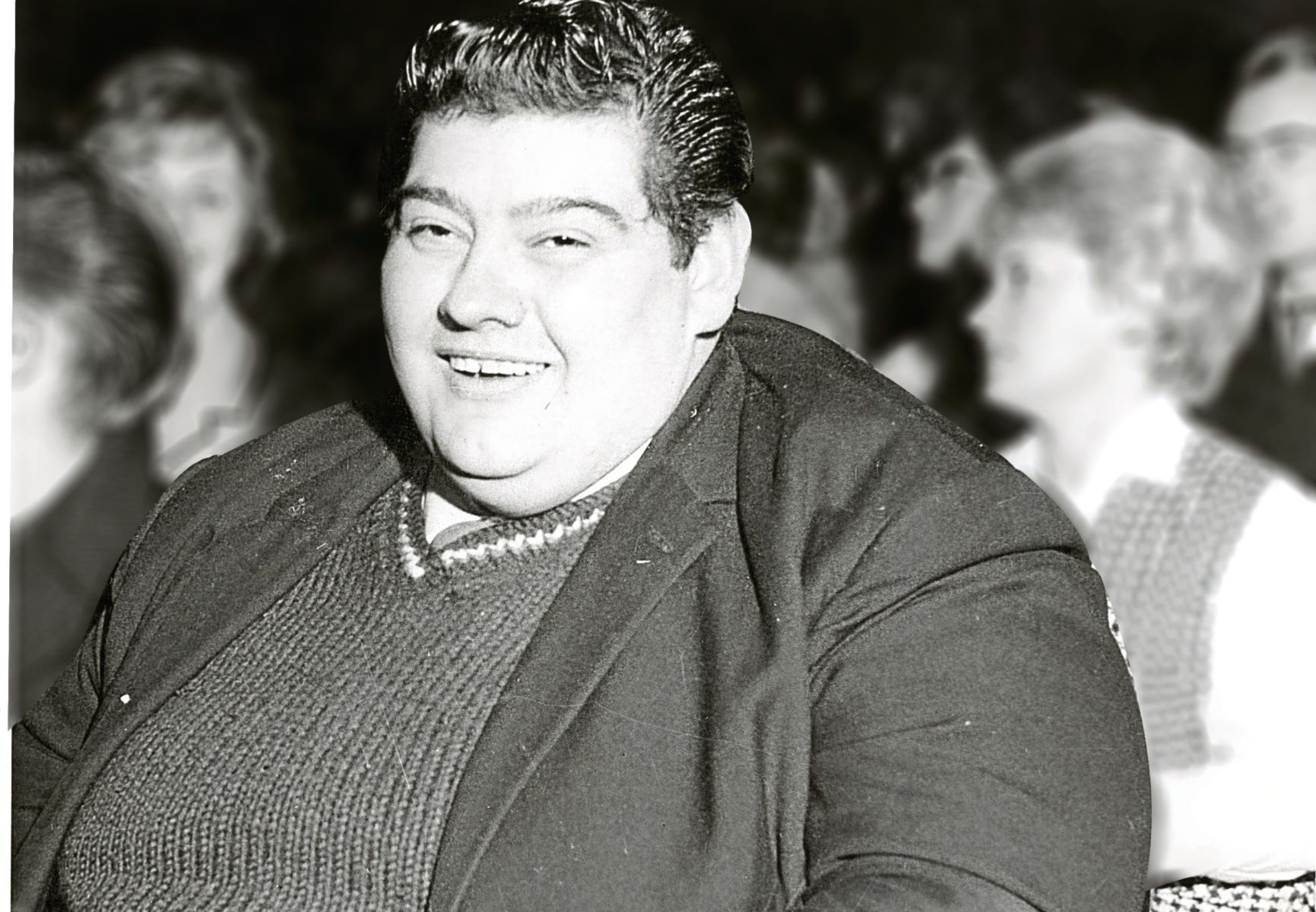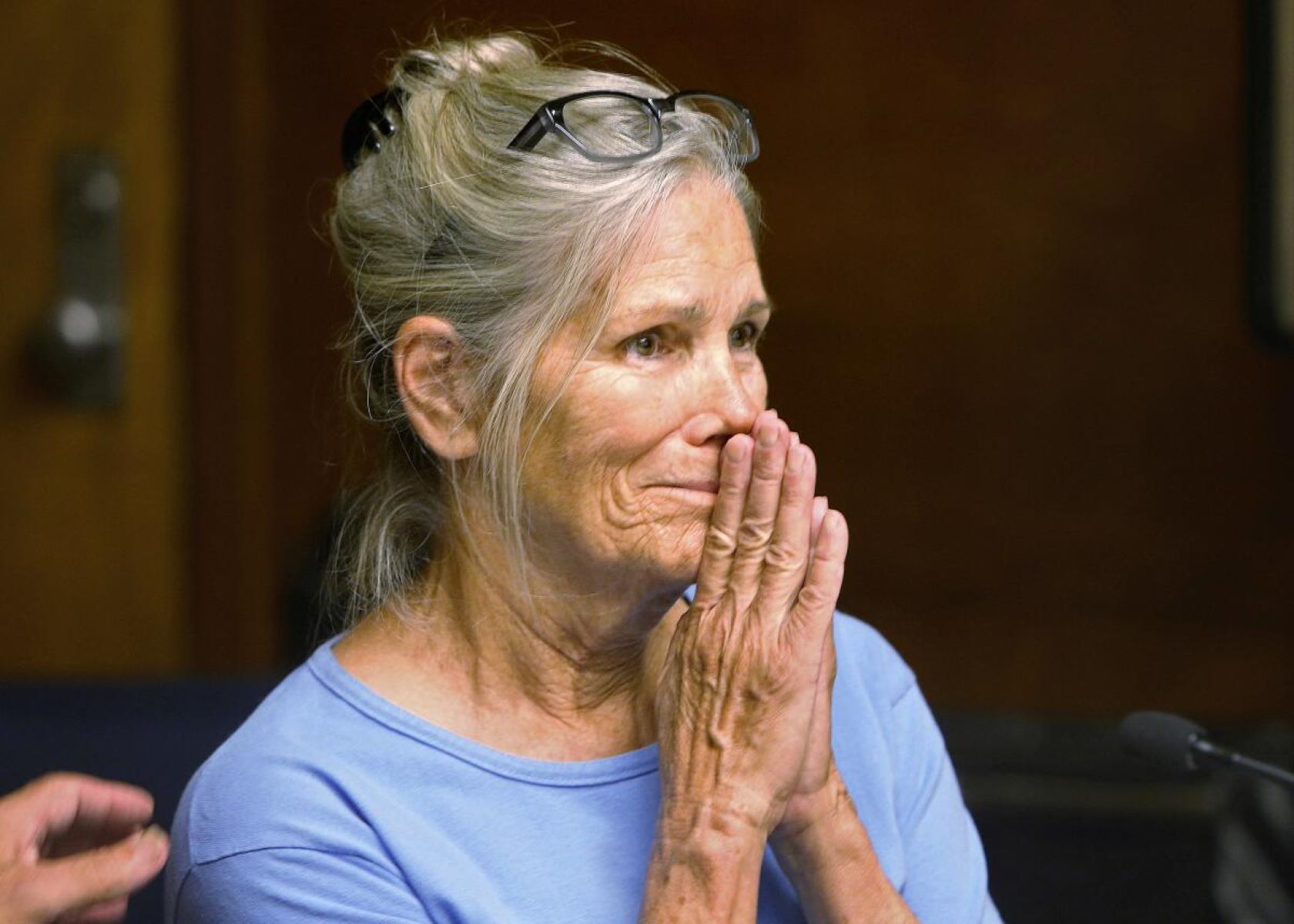
Can a person survive without food for over a year? Angus Barbieri, a Scottish man, did just that. In 1965, weighing 456 pounds and desperate to lose weight, Angus embarked on an extraordinary journey of fasting. Under strict medical supervision, he went without solid food for an astonishing 382 days. During this period, he relied on water, tea, coffee, and essential vitamins to sustain himself. By the end of his fast, he had shed 276 pounds, reaching his goal weight of 180 pounds. Angus's story is a remarkable testament to human resilience and the body's ability to adapt under extreme conditions.
Key Takeaways:
- Angus Barbieri's 382-day fast under medical supervision showcased the body's remarkable ability to adapt to extreme conditions, contributing to our understanding of human physiology and ethical considerations in extreme fasting practices.
- Angus's story highlights the importance of psychological resilience and responsible medical supervision in extreme fasting, serving as a historical example of human determination and raising ethical questions about prolonged fasting.
The Early Life of Angus Barbieri
Angus Barbieri's story begins in Scotland, where he was born in the late 1930s. His early years were relatively ordinary, but his life took an extraordinary turn due to his struggle with weight.
-
Birth and Early Life: Born in Scotland in the late 1930s, Angus worked at his father’s fish-and-chips shop. Details about his early life remain scarce.
-
Weight Issues: By age 27, Angus weighed 456 pounds (207 kg), leading to severe health problems and a crippling food addiction.
The Decision to Fast
Faced with severe obesity, Angus made a life-changing decision in 1965. He sought medical help to undertake a drastic weight-loss method: fasting.
-
Decision to Fast: In June 1965, Angus walked into the Royal Infirmary of Dundee, expressing his desire to fast to lose weight.
-
Initial Plan: Doctors initially planned for a 40-day fast, the longest medically recommended duration at that time.
-
Continuation of Fast: Angus's body adapted well, and he chose to extend the fast under medical supervision.
Medical Supervision and Nutritional Support
Throughout his fast, Angus received constant medical supervision and essential nutritional supplements to ensure his health.
-
Medical Supervision: Angus was under continuous medical supervision to promptly address any health issues.
-
Nutritional Supplements: He was prescribed multivitamins, including potassium, sodium, and yeast, to prevent deficiencies.
-
Hydration: Angus stayed hydrated by drinking water, black coffee, tea, and sparkling water.
Monitoring and Adaptation
Regular hospital visits and blood tests were crucial in monitoring Angus's health and ensuring his body adapted well to the prolonged fast.
-
Hospital Visits: He made regular hospital visits for checkups and sometimes stayed overnight for monitoring.
-
Blood Tests: Blood tests showed his body functioned well despite the fast, with consistently low blood glucose levels around 2 mmol/l.
-
Metabolic Adaptation: His body slowed down metabolism and efficiently used fat stores for energy, a process known as autophagy.
-
Bowel Movements: Due to the lack of solid food, Angus only needed to go to the bathroom once every 40 to 50 days.
Achieving the Goal Weight
After 382 days of fasting, Angus achieved his goal weight, marking a significant milestone in his journey.
-
Goal Weight: Angus aimed to reach 180 pounds (12.8 stone) and achieved this after losing 276 pounds.
-
Reintroduction of Food: Food was reintroduced gradually to avoid refeeding syndrome, a potentially fatal condition.
-
First Meal: His first meal after the fast was a boiled egg with a slice of bread and butter, which he thoroughly enjoyed.
Post-Fast Health and Recognition
Despite the extreme nature of his fast, Angus reported feeling well and received recognition for his extraordinary feat.
-
Post-Fast Health: Angus felt no ill effects apart from slight weakness, thanks to careful medical supervision.
-
Recognition: He was recognized by the Guinness Book of World Records in 1971 for completing the world’s longest fast.
Ethical and Historical Context
Angus's case raises ethical questions and provides historical context for the study of extreme fasting.
-
Ethical Considerations: His case raises significant ethical concerns about the safety and advisability of extreme fasting.
-
Historical Context: The 1960s saw a surge in studies on long-term fasting, highlighting the associated risks.
Scientific Understanding and Body Adaptation
Angus's fast contributed to our understanding of human physiology and the body's ability to adapt to extreme conditions.
-
Scientific Understanding: The human body can live off body fat when food is scarce, breaking down fat for energy during extended fasting.
-
Supplements Used: Angus took supplements providing potassium, sodium, and yeast to maintain essential nutrients.
-
Water Intake: Regular water intake was crucial for maintaining hydration levels during the fast.
-
Medical Supervision Importance: Constant medical supervision was vital in monitoring Angus’s health and addressing potential issues.
-
Body Adaptation: The body’s ability to adapt to fasting by slowing metabolism and using fat stores for energy is remarkable.
Low Blood Sugar Levels and Refeeding Syndrome
Angus's case highlights the importance of monitoring blood sugar levels and the risks associated with reintroducing food after prolonged fasting.
-
Low Blood Sugar Levels: Despite consistently low blood glucose levels, Angus showed no symptoms and felt well.
-
Refeeding Syndrome Risk: Gradual reintroduction of food was necessary to avoid refeeding syndrome.
Weight Maintenance and Death
Angus managed to maintain his lower weight post-fast, but his life was cut short by health complications.
-
Weight Maintenance: After the fast, Angus maintained his lower weight, gaining back only 16 pounds by the time of his death.
-
Death and Cause: Angus passed away in 1990 at age 50, with obesity and stomach bleeding reported as causes.
Modern Perspective and Psychological Factors
Today, extreme fasting is not recommended, but Angus's determination and psychological resilience played a crucial role in his success.
-
Comparison with Modern Understanding: Modern doctors emphasize that extreme fasting is irresponsible and risky.
-
Psychological Factors: Angus’s determination and psychological resilience were key to sustaining the fast.
Historical Significance and Ethical Implications
Angus's story serves as a historical example of human resilience and raises important ethical questions about extreme fasting.
-
Historical Significance: His case highlights the body’s ability to survive without food for an extended period under the right conditions.
-
Ethical Implications: The ethical implications of extreme fasting underscore the importance of medical supervision and responsible practices.
Modern Fasting Practices and Scientific Studies
Modern fasting practices offer health benefits without the risks associated with prolonged fasting, as shown by scientific studies.
-
Modern Fasting Practices: Practices like intermittent fasting show benefits without entering starvation, but should be done under medical supervision.
-
Scientific Studies: Studies show short-term fasting benefits heart health, but prolonged fasting like Angus’s is not recommended.
Legacy and Impact
Angus Barbieri’s record-breaking fast has left a lasting impact on medical history, influencing our understanding of human physiology and the ethics of extreme fasting.
- Legacy and Impact: His fast has influenced our understanding of human physiology and the ethics surrounding extreme fasting practices.
Angus Barbieri's Unbelievable Fast
Angus Barbieri's 382-day fast is a jaw-dropping tale of human resilience and determination. Weighing 456 pounds at 27, he took drastic measures to shed weight, ultimately losing 276 pounds. Under constant medical supervision, he survived on water, black coffee, tea, and nutritional supplements. His body adapted by slowing metabolism and using fat stores for energy. Despite the risks, he reached his goal weight of 180 pounds and maintained it with minimal regain.
Barbieri's story raises ethical questions about extreme fasting but also highlights the body's incredible adaptability. Modern practices like intermittent fasting offer safer alternatives. Angus's journey remains a testament to human willpower and the importance of medical oversight in extreme weight loss methods.
Frequently Asked Questions
Was this page helpful?
Our commitment to delivering trustworthy and engaging content is at the heart of what we do. Each fact on our site is contributed by real users like you, bringing a wealth of diverse insights and information. To ensure the highest standards of accuracy and reliability, our dedicated editors meticulously review each submission. This process guarantees that the facts we share are not only fascinating but also credible. Trust in our commitment to quality and authenticity as you explore and learn with us.


